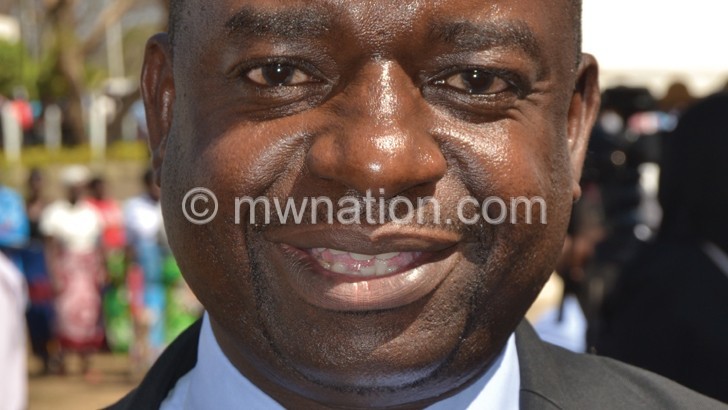Govt lacks seriousness on energy crisis—MCCCI
Malawi Confederation of Chambers of Commerce and Industry (MCCCI) has urged government to start looking at issues of energy with the seriousness it deserves as unreliable energy supply is costing the economy dearly.
Speaking during the 124th MCCCI annual general meeting (AGM) in Blantyre yesterday, the chamber’s outgoing president Karl Chokotho said businesses feel government is not taking the issue seriously as it is yet to move away from plans into implementation.
He said: “At the moment, businesses feel government is not taking the issue seriously, frustrations are there. Government has listed plans but we need to move away from plans into implementation. We seem not to be moving as if we are in a crisis.

“For each day that goes, the cost accruing to industry because of the outages is lost revenue for government and lost jobs for our people because this is killing the industry.”
Chokotho’s successor, Prince Kapondamgaga, who is also Farmers Union of Malawi (FUM) chief executive officer, said businesses are not satisfied with the approach government is taking in handling the energy crisis and the policies which have been put in place to address the crisis.
He said: “Businesses not satisfied with government handling of energy crisis. The other thing is that businesses are not sure of are the policies to address the energy crisis and what it will specifically do in the short or medium term, and how much energy we will have at the end of all this.”
Speaking when he met management of Electricity Supply Corporation of Malawi (Escom) and Electricity Generation Company (Egenco) in Blantyre last October, President Peter Mutharika appealed for patience on the electricity woes the country is currently facing.
The President assured the nation that the problem would hopefully be minimised by March this year.
However, to date, power rationing is the order of the day. The notable intervention has been the diesel-powered generators connected to the national grid.





